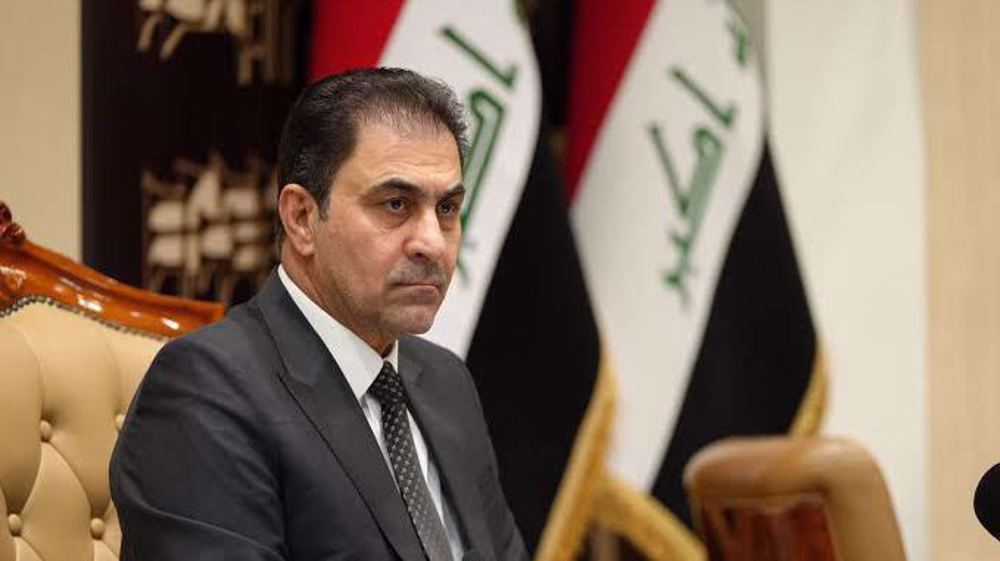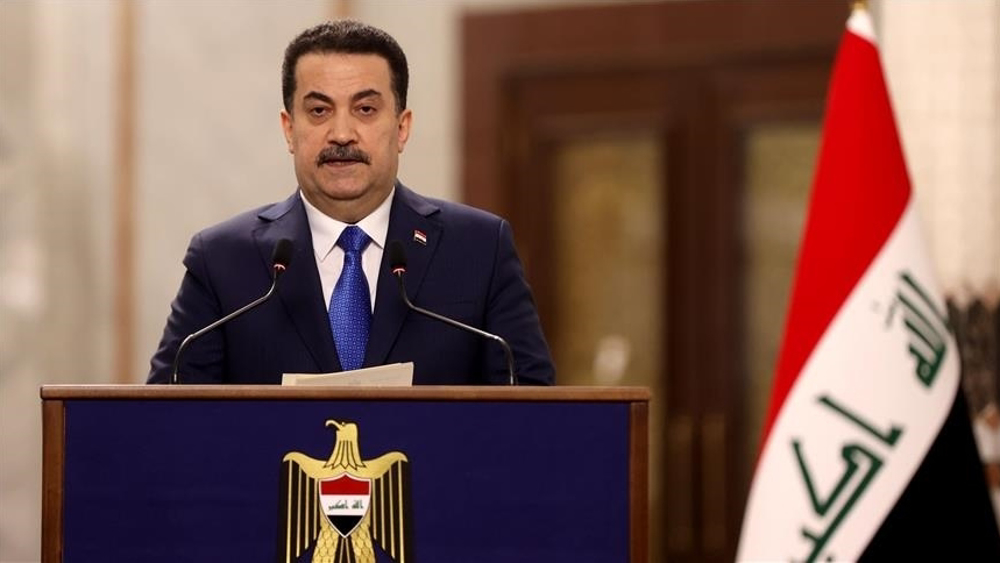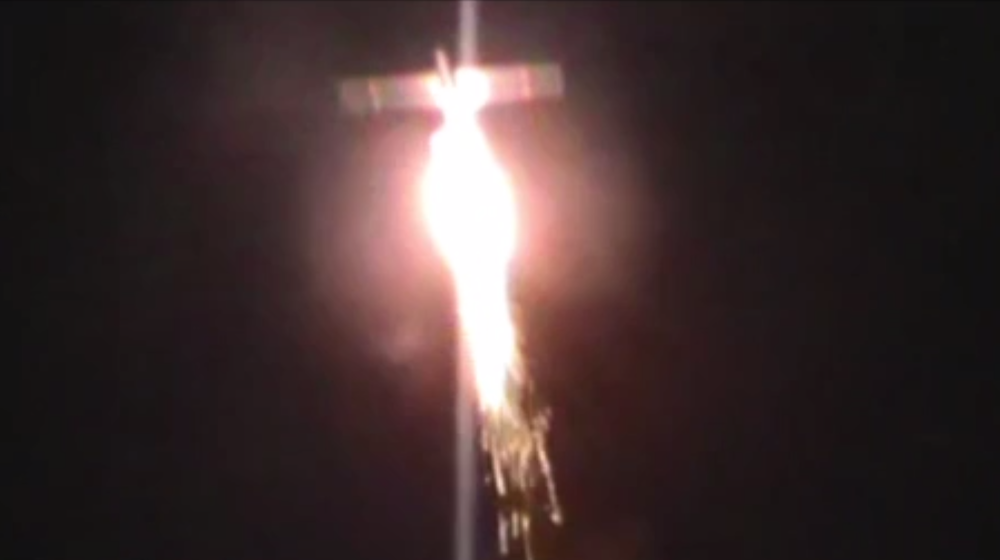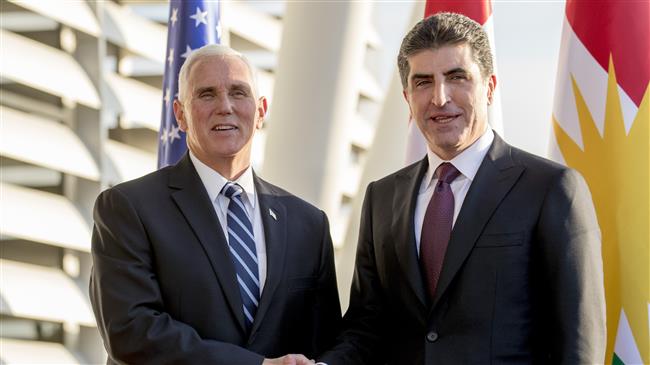US imposes sanctions on three Iraqi Hashd al-Sha’abi leaders
The administration of US President Donald Trump has slapped sanctions on three leaders of Iraq's Popular Mobilization Forces or Hashd al-Sha’abi, an umbrella paramilitary group that has actively cooperated with the national army in sweeping counter-terrorism operations.
In a statement released on Friday, US Secretary of State Mike Pompeo announced sanctions on Qais al-Khazali and his brother Laith, two leaders of the Asaib Ahl al-Haq group, as well as Hussein Falil Aziz al-Lami of Kata'ib Hezbollah.
The sanctions restrict the individuals' travel to the US and freeze any American-held assets by the trio.
"The Iraqi people want their country back," Pompeo said. "They are calling for genuine reform and accountability and for trustworthy leaders who will put Iraq's national interests first."
Meanwhile, the US Treasury Department claimed that the resistance groups led by the three Iraqi figures had “opened fire on peaceful protests, killing dozens of innocent civilians.”
Since October 1, Iraq has been the scene of street protests over economic woes.
The rallies resumed on October 25 after a pause of about two weeks, but took a violent turn, with some participants vandalizing public property and opening fire on demonstrators during the mayhem.
The anti-government protests have led to the resignation of Prime Minister Adil Abdul-Mahdi.
A senior US Treasury official suggested that the fresh bans were timed to distance the three Iraqi figures from the process of forming a new government.
Separately, US Assistant Secretary of State for Near Eastern Affairs David Schenker warned that the Iraqi officials, who deal with the blacklisted Hashd al-Sha’abi leaders, would face their own economic sanctions.
He further raised the possibility of imposing sanctions on some of the Iraqi government security forces over what he called crackdown on protesters.
An Iraqi source told CNN that the practical impact of the punitive measures is "negligible" as the designated Iraqis are not thought to have any assets in the US.
Schenker also acknowledged that the designations are "first and foremost" symbolic, adding, however, that more designations will be coming.
"We are not done. This is an ongoing process," he said.
Hashd al-Sha’abi, a combination of some 40 groups of mostly Shia fighters as well as Sunnis and Christians, was formed shortly after the Daesh Takfiri terrorist group emerged in Iraq in 2014.
In the early days of the Daesh’s reign of terror, Hashd al-Sha’abi fighters played a major role in reinforcing the Iraqi army, which had suffered heavy setbacks in the face of lightning advances by the Takfiri elements.
In November 2016, the Iraqi parliament voted to integrate Hashd al-Sha’abi into the military in the face of US efforts to sideline the group.
VIDEO | IAEA adopts anti-Iran resolution tabled by E3
VIDEO | Iran's president urges Pope to help end Israel's onslaught in Gaza
Iran's senior legal official: ICC arrest warrants for Netanyahu ‘great victory'
Nov. 21: ‘Axis of Resistance’ operations against Israeli occupation
VIDEO | Israeli forces storm West Bank’s Jenin again, target civilians
Iran activates advanced centrifuges after IAEA's 'unjust' resolution
VIDEO | Press TV's news headlines
Iran FM: Response to Israeli aggression 'inevitable'
















 This makes it easy to access the Press TV website
This makes it easy to access the Press TV website